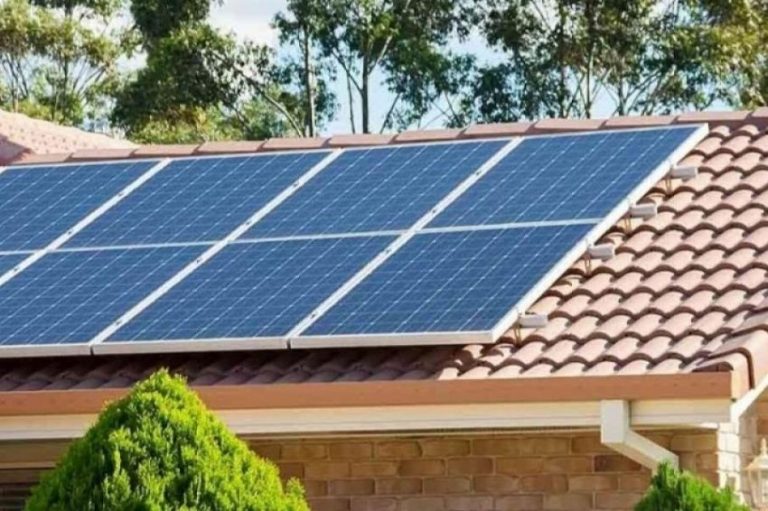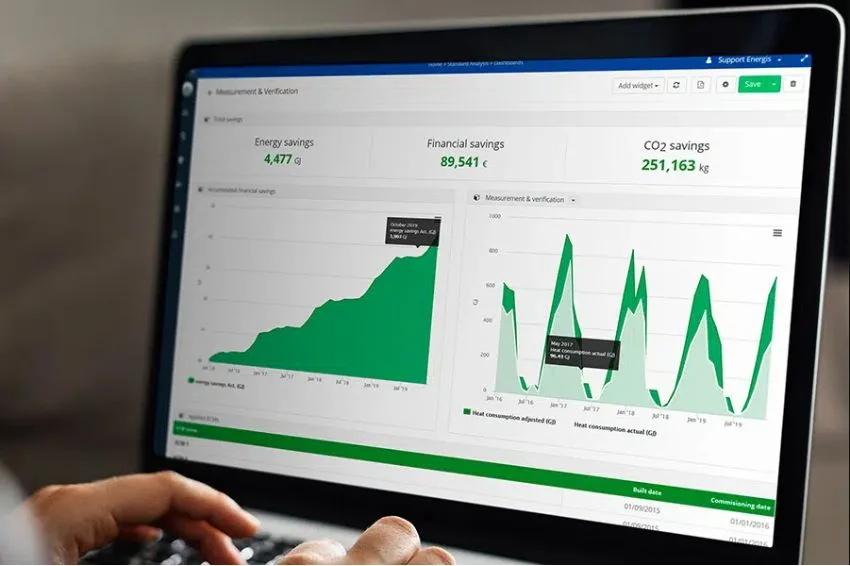The electricity bill is increasingly expensive in Brazil, something that can easily be seen in the daily lives of the population.
This type of inflation is especially harmful because it increases the price of products and services and, at the same time, reduces the purchasing power of families and competitiveness between companies.
Small and medium-sized businesses and the poorest population are those who suffer most in this scenario. Part of this energy inflation can be explained by the increase in the costs of generating, transmitting and distributing electrical energy.
Another part is due to a set of inefficiencies in the electricity sector itself. Until recently, the Brazilian population's main defense against tariff adjustments was to reduce consumption and hope that the electricity bill would go down the following month.
Energy efficiency remains the cheapest investment, but the space to save is limited as we live in a society dependent on energy and the internet.
It is precisely in this context that distributed photovoltaic solar generation grows exponentially in Brazil. In January, the President of the Republic sanctioned the Law 14.300/2022, which became known as the legal framework for distributed micro and minigeneration.
In 2021, it is estimated that this market moved R$ 16.8 billion, an expansion of 34.5% compared to the previous year and 63% compared to 2019, according to data from EPE (Energy Research Company), the government body responsible for electricity sector planning.
Currently the country has more than one million consumers benefiting from this modality, equivalent to 1.2% of the potential market. The advantages are numerous, but the biggest benefit is reducing your electricity bill by up to 90%. Furthermore, research in the sector revealed that Brazilians already prefer a property with solar energy to a swimming pool — even accepting to pay a larger investment to have this technology.
As it is a product priced in dollars and with high added value, solar energy may seem like a high investment for some consumers. However, with the gain in scale and technological evolution, the tendency is for costs to be reduced in the medium and long term — which will make this technology more accessible to a greater number of Brazilians.
The increase in specific credit lines, such as those offered by Meu Financiamento Solar, makes it easier to acquire this type of solution. Thanks to the practicality of digital credit for solar energy, the consumer can finance 100% of the costs of equipment and installation services.
According to ABSOLAR (Brazilian Solar Energy Association), there are currently 70 financing options for those who want to install a photovoltaic system in a commercial or residential property, urban or rural. In addition to the ease of credit on the market, the technology ends up paying for itself in a short time, normally between four and six years. The IRR (Internal Rate of Return) easily exceeds 15% per year.
Another relevant point is the benefit that this energy source can bring to companies, as the energy cost aspect directly affects the operational performance of organizations. The advantages also include the fact that solar energy does not pollute, is renewable, clean and sustainable.
It is a silent technology, simple to use and easy to maintain, characteristics that explain the broad growth of the sector, the increase in the number of players and consumers and makes the eyes of investors shine, who, faced with so many opportunities, began to make investments in various companies. of the solar chain.
The increase in environmental concerns and the energy transition movement towards a low-carbon economy are guarantees that the market will remain buoyant for many years.


















One Response
All of this is very important